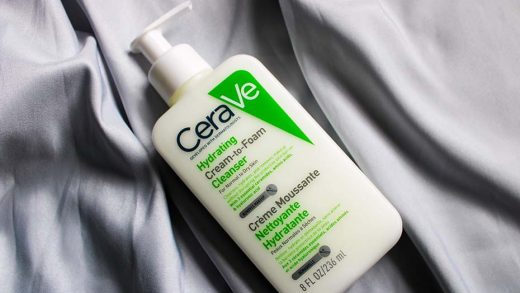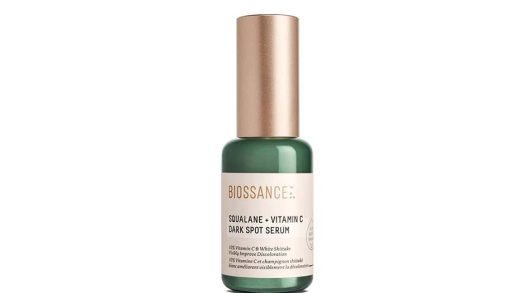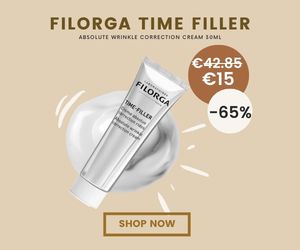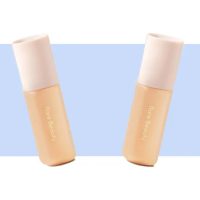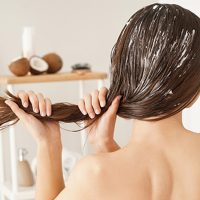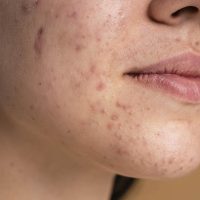As we age, the natural processes of our skin undergo several changes, often leading to the appearance of fine lines, wrinkles, sagging, and loss of elasticity. While aging is inevitable, the good news is that with proper care and the right products, we can slow down these visible signs and maintain youthful, radiant skin for longer. I’ll explore the best practices and essential components for an effective anti-aging facial care routine.
Unleash Your Adventure with Columbia Sportswear
– Where Style Meets Performance!
Elevate Your Outdoor Experience with Our Premium Gear – Explore, Conquer. and Look Good Doing It. Embrace the Elements in Columbia's Cutting-Edge Designs. Gear Up for Greatness, Unleash Your Inner Explorer!
Find your gear1. Understanding Skin Aging
Before diving into the secrets of anti-aging skincare, it’s important to understand what happens to your skin as you get older. The skin has three main layers: the epidermis (outermost layer), dermis (middle layer), and hypodermis (innermost layer). As you age, the dermis, where collagen and elastin fibers reside, begins to thin. This results in the loss of elasticity and firmness, leading to the formation of wrinkles and sagging skin.
Additionally, the skin’s ability to retain moisture decreases, making it more prone to dryness. Cell turnover slows down, meaning dead skin cells accumulate, leading to a dull complexion. Sun exposure, environmental pollutants, and stress can further accelerate the aging process.
2. The Role of Sun Protection
One of the most important steps in anti-aging skincare is protection from the sun. UV radiation from the sun is the leading cause of premature aging and contributes to skin damage like fine lines, wrinkles, and hyperpigmentation. This is known as photoaging.
Using a broad-spectrum sunscreen with SPF 30 or higher every day, even on cloudy days, is essential. Sunscreen helps to protect your skin from harmful UV rays and prevents the breakdown of collagen and elastin, which are crucial for maintaining youthful skin.

3. Cleansing: The Foundation of Anti-Aging Care
Cleansing is the first and most fundamental step in any skincare routine. To combat aging, it’s important to cleanse your face twice a day—morning and night—using a gentle cleanser that suits your skin type. Avoid harsh cleansers that strip the skin of its natural oils, as this can lead to dryness and irritation.
Look for cleansers that contain hydrating ingredients like glycerin, hyaluronic acid, or ceramides, which help retain moisture and prevent the skin from becoming dehydrated. Clean skin allows your anti-aging products to penetrate deeply and work more effectively.
4. Exfoliation: Sloughing Off Dead Skin Cells
Exfoliation is an essential part of any anti-aging routine. As we age, the skin’s natural cell turnover slows down, and dead skin cells accumulate on the surface. This buildup can make your complexion look dull and uneven and can even contribute to clogged pores and breakouts.
Regular exfoliation removes dead skin cells, promoting the growth of new, healthy skin. There are two types of exfoliants: physical and chemical.
- Physical exfoliants contain small granules or particles that manually scrub away dead skin cells. However, be cautious with physical exfoliants, as they can be abrasive and cause microtears in the skin if used too harshly.
- Chemical exfoliants use acids like alpha hydroxy acids (AHAs) and beta hydroxy acids (BHAs) to dissolve dead skin cells. AHAs, such as glycolic acid, are water-soluble and are ideal for dry or sun-damaged skin, while BHAs, such as salicylic acid, are oil-soluble and are perfect for oily or acne-prone skin.
Incorporate exfoliation into your routine 2-3 times a week, depending on your skin’s sensitivity.
5. Hydration: The Key to Plump, Youthful Skin
Moisturizing is a critical step in preventing aging. Dehydrated skin is more prone to developing fine lines and wrinkles. The goal of moisturizing is to lock in hydration and help maintain the skin’s moisture barrier.
Look for a moisturizer that contains ingredients like hyaluronic acid, which can hold up to 1,000 times its weight in water, keeping your skin plump and hydrated. Other effective hydrating ingredients include glycerin, squalane, and ceramides, which help restore the skin’s natural barrier and prevent water loss.
A thicker cream may be more suitable for dry skin, while a lightweight gel or lotion may work better for oily skin types.
6. Serums and Active Ingredients
Serums are concentrated formulas that contain active ingredients designed to target specific skin concerns. They are usually applied after cleansing and before moisturizing. When it comes to anti-aging, the following ingredients are particularly effective:
- Vitamin C: A powerful antioxidant that helps brighten the skin, improve uneven pigmentation, and protect the skin from oxidative stress caused by free radicals. Vitamin C also stimulates collagen production, which is essential for maintaining skin firmness.
- Retinoids (Vitamin A derivatives): Retinoids are perhaps the most well-known anti-aging ingredients. They promote skin cell turnover, reduce the appearance of fine lines, wrinkles, and age spots, and boost collagen production. Retinol is the most common over-the-counter form, while stronger retinoids, like tretinoin, may require a prescription.
- Peptides: Peptides are short chains of amino acids that help build proteins like collagen and elastin in the skin. By stimulating collagen production, peptides help to reduce fine lines and improve skin firmness.
- Hyaluronic Acid: As mentioned earlier, hyaluronic acid is a powerful hydrating agent that attracts moisture to the skin and helps plump up fine lines.
- Niacinamide (Vitamin B3): Niacinamide helps to improve the skin’s elasticity, reduce redness, and even out skin tone. It also has anti-inflammatory properties, making it great for sensitive skin.
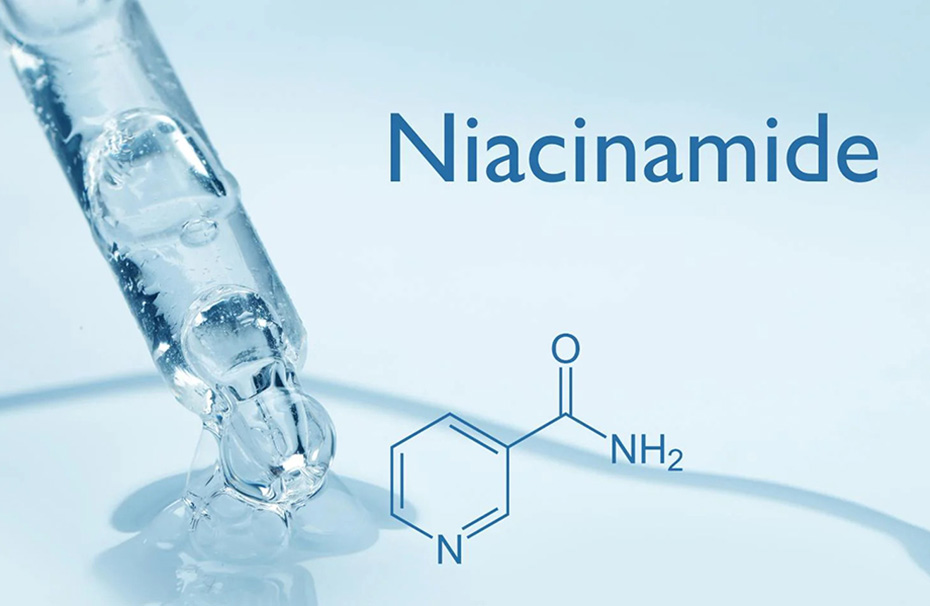
7. Targeted Treatments for Specific Concerns
For more targeted anti-aging care, you can incorporate specific treatments into your routine:
- Eye Creams: The delicate skin around the eyes is one of the first areas to show signs of aging. Eye creams often contain ingredients like peptides, caffeine, and hyaluronic acid, which help to reduce puffiness, dark circles, and crow’s feet.
- Face Masks: Sheet masks, clay masks, or hydrating masks can provide an extra boost of moisture or detoxify the skin. Look for masks that contain antioxidants or peptides to target signs of aging.
- Facial Oils: Facial oils can provide deep hydration and nourishment, especially for those with dry or mature skin. Oils like argan oil, rosehip oil, and jojoba oil are packed with antioxidants and essential fatty acids that can help restore the skin’s natural glow.
8. Lifestyle Factors That Contribute to Healthy Skin
In addition to your skincare routine, certain lifestyle factors play a significant role in maintaining youthful skin:
- Healthy Diet: Eating a balanced diet rich in antioxidants, vitamins, and healthy fats can help protect your skin from oxidative stress and promote skin repair. Foods like berries, leafy greens, nuts, and fatty fish (like salmon) are excellent choices for healthy skin.
- Hydration: Drinking enough water is essential for keeping your skin hydrated from the inside out. Aim for at least 8 glasses of water a day to maintain skin health.
- Sleep: During sleep, your body goes into repair mode, including repairing skin cells. Aim for 7-9 hours of quality sleep each night to give your skin the time it needs to rejuvenate.
- Exercise: Regular physical activity improves circulation, delivering oxygen and nutrients to your skin, helping it look vibrant and youthful.
- Stress Management: Chronic stress can negatively impact your skin, leading to breakouts, dullness, and premature aging. Practicing relaxation techniques like yoga, meditation, or deep breathing can help reduce stress levels.
9. Consistency Is Key
The most important aspect of any anti-aging regimen is consistency. Anti-aging products take time to work, so don’t expect overnight miracles. Stick to your routine, and over time, you’ll notice smoother, more youthful-looking skin.
Maintaining youthful, glowing skin doesn’t have to be complicated. By following a simple but effective anti-aging skincare routine that includes sun protection, proper cleansing, exfoliation, hydration, and the use of active ingredients, you can help delay the visible signs of aging. Remember, healthy lifestyle habits, like eating well, staying hydrated, and managing stress, will also support your skin’s long-term health.
Start implementing these tips today, and with patience and consistency, you can enjoy radiant, youthful skin for years to come.

